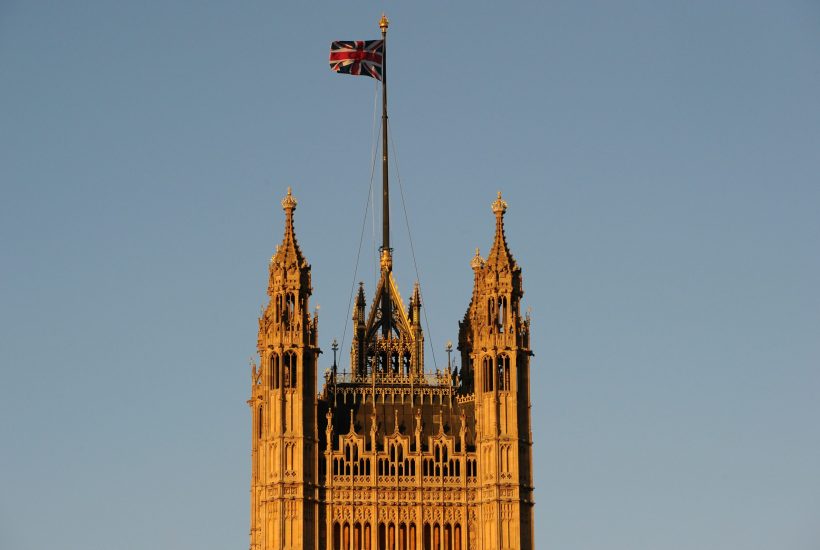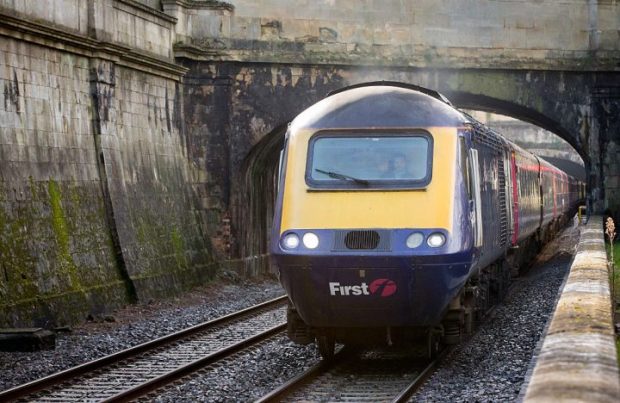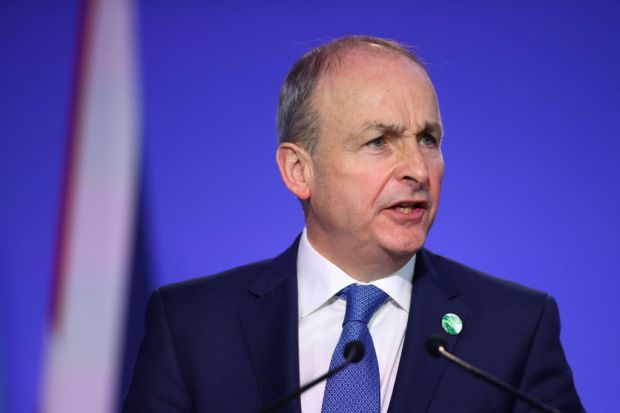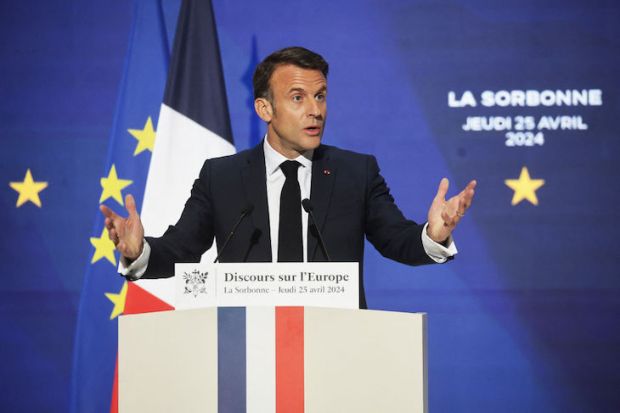When Britain voted on whether to leave the EU or remain within it there were valid arguments on both sides. But on one thing most leavers and remainers could surely have agreed: the Brexit would be a pointless and wasteful exercise unless Britain would retrieve the powers that voters wanted. A deal that left us under EU rules – as outlined by Theresa May’s Chequers proposal – would mean all of the pain but minimal gain. Boris Johnson’s test was whether he could do better.
This is what has made the past four and a half years so agonising. For much of that time we seemed destined for a halfway house which nobody really wanted – a state of limbo in which we would be forever bound to follow EU rules and policies yet have no say in the making of those rules. Various models were suggested: a Norwegian model where we would leave the customs union but stay in the single market, a Philip Hammond model where we would do the opposite; the Chequers deal would have been defeat. None of them earned enough support to get through Parliament, and rightly so.
The trade deal which has finally be agreed is not perfect – apart from anything else it is has come terribly late in the day. Businesses exporting to or importing from the EU have been seriously messed about. The UK government should never have agreed to passing a withdrawal agreement and a trade deal at different times; in doing so it weakened its hand and allowed EU negotiators to draw out talks to their own advantage. Yet for all the anguish we have, at last, established on ongoing relationship with the EU which justifies our leaving it.
We will be able to continue trading freely with the EU, with no tariffs or quotas, and yet we will no longer be bound by rules in Brussels. We will have to commit not to weakening social and environmental standards we already have – a common feature of free trade agreements – but we will not be bound by standards which the EU may decide to impose on itself in future. We will instead be able to pursue a smarter regulatory regime designed around the needs of our own industries, not one outlined in Frankfurt or Madrid. There will be more red tape and disruption than if we were EU members, but that is manageable.
Moreover, the deal will not mean – as was threatened – trade disputes between Britain and the EU being mediated by the EU’s own court, the European Court of Justice. We have agreed to continue to allow EU boats to continue to fish in UK waters – a red line for many Brexiteers – and they will keep three out four fish they catch. The Brexit deal has fallen short of what the fishing industry was led to believe was possible: this was the British compromise.
But our own fishing fleet will enjoy a much larger share of the catch than it had before. Without the right to sell its catch in the EU tariff-free our fishing industry would, in any case, have struggled to find a market for its increased catch.
For some people, the difficulties we have endured in forging a trade deal with the EU have confirmed why, in their minds, we should never have left in the first place. To this way of thinking, the whole thing was all too much trouble. But there is another way of looking it. Compare the often painful and bad-tempered exchanges between British and EU trade representatives with our own: we have quietly rolled-over trading arrangements with numerous other countries including Canada, Japan, South Korea, Singapore and Chile. We have shown how much more agile we can be when conducting our own negotiations rather than have the EU act on our behalf. We missed our chance to agree a basic trade deal with Trump administration, which was willing. This could have boosted links with the country that is already our biggest export market.
That would be a huge coup for Britain, given that the EU failed in its attempt to do a trade deal with the US – and that was with Barack Obama in the White House, who was far friendlier towards the EU than is the incumbent. It would signify Britain’s intent to be the leading player in global trade. Now we must wait for Joe Biden to see how protectionist – or otherwise – he intends to be.
Brexiteers will now quite rightly be poring over the small print. They will find language of pragmatic compromise: the precautionary principle applied to health, the environment, climate neutrality etc. There are non-regression clauses on state aid and plenty more that will go down badly with the European Research Group of Tory MPs. But so will most of what comes out of No. 10 on climate, the environment and more. The Prime Minister is more likely to use the new freedoms to increase standards in environment and animal welfare – he is already talking about doing more in pig farms in a way that will make British bacon pricier than, say, Danish bacon. But consumers will be free to choose. That is the point of the deal.
The idea of Brexit Britain engaging to a race to the bottom on regulation was always nonsense – which is why the agreements in the small print will make little practical difference. We may diverge on, say, life sciences and agree to pay a tariff for the price of that divergence. The deal brings control over borders, laws, money and zero-tariff trade: nothing in the small print undermines these basic points. The instruction given to the government in the 2016 referendum has been carried out.
For some purists, neither this deal with the EU nor any deal would be satisfactory. They relished the clean break that would have come with a walkout of trade talks and a dramatic splitting of the ways with the EU. We had to be prepared that this might be an option – no negotiation is going to go well unless the other side is convinced that you are prepared to walk away if necessary. But, no, leaving without a trade deal would not have been an ideal situation. It would have damaged UK businesses without gaining us any useful freedoms extra to those that we will enjoy under the agreed deal.
The trade deal is not quite over the line. It is still possible that one or more EU states, or even regions, will attempt to throw a spanner in the works, just as Wallonia threatened to scupper the EU’s trade deal with Canada. But this deal amounts to a proper, liberalising Brexit, just as the public voted for in 2016. And it’s a deal that keeps a closeness to the EU and stands to make good on the EU’s founding promise: an ever-closer union of the people (rather than the governments) of Europe.
Boris Johnson resigned over Chequers, campaigned for Brexit and stood for No. 10 on a promise to get Brexit done. In spite of many excuses to delay the negotiations, he kept the deadline: as he argued, it was only ever going to be decided at the last minute. He emerges with a deal that can make good his pledge to unify a country torn apart by the referendum: even Keir Starmer has said he will ask Labour vote for the deal.
The question is what Tory Brexiteers will do now. They should learn to take ‘yes’ for an answer, put the five years of acrimony behind us and give this deal their enthusiastic support.
Got something to add? Join the discussion and comment below.
Get 10 issues for just $10
Subscribe to The Spectator Australia today for the next 10 magazine issues, plus full online access, for just $10.




















Comments
Don't miss out
Join the conversation with other Spectator Australia readers. Subscribe to leave a comment.
SUBSCRIBEAlready a subscriber? Log in